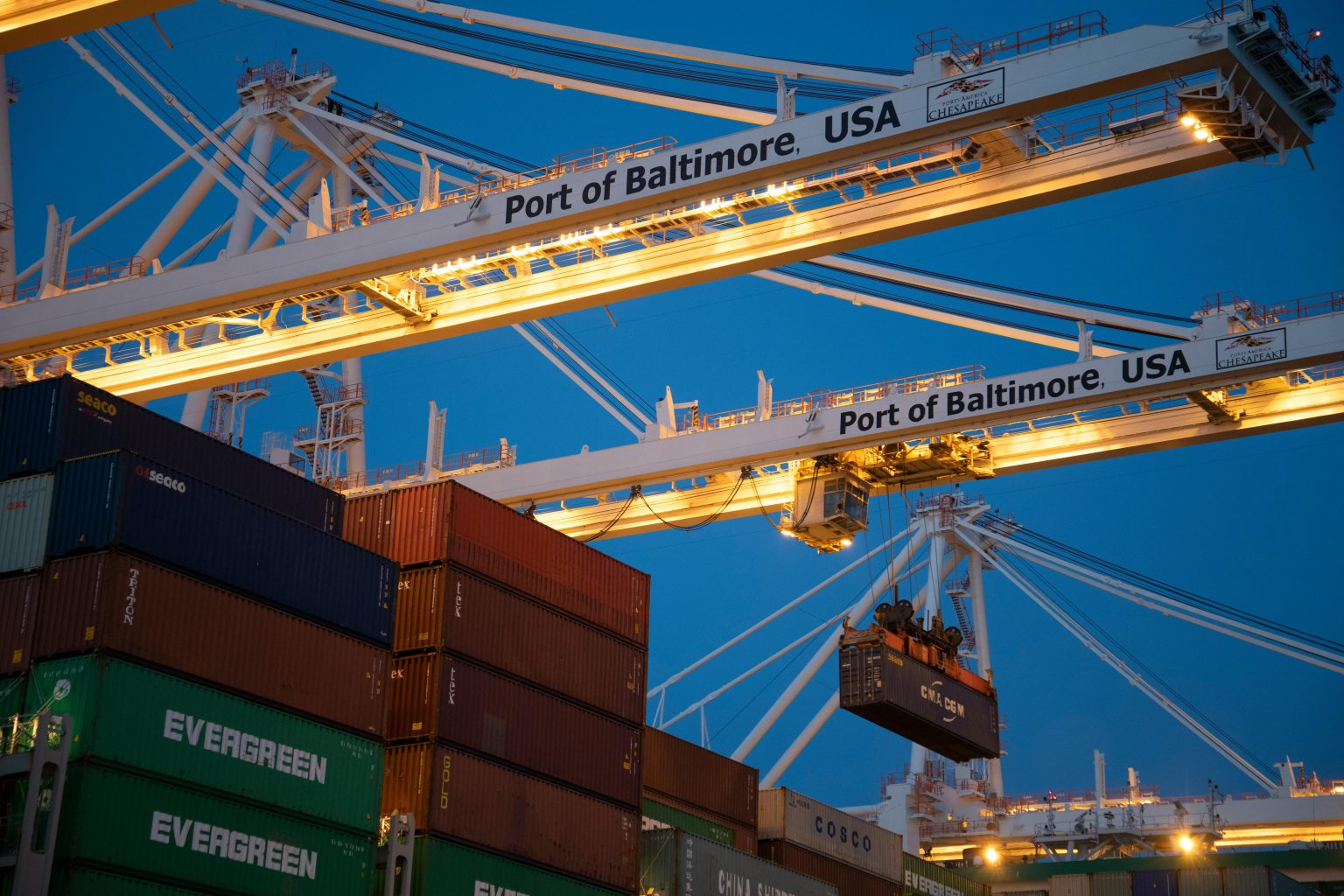In a connected world, the movement of goods across borders is the engine of our global economy. Behind the magic of products from gadgets to gourmet chocolate is an industry: freight forwarding. Companies like IFL (International Forwarding Limited) keep the wheels of trade turning. Let’s see how freight forwarding affects our daily lives and why it’s the foundation of international trade.
What is Freight Forwarding?
Freight forwarding is the movement of goods from one place to another. It’s the management of logistics, documentation and transportation across air, sea, road and rail. Freight forwarders are the middlemen who get your goods to their destination on time, safely and efficiently.
Whether you’re a small business shipping handmade crafts to a customer overseas or a multinational distributing products globally, freight forwarders make it happen.
Why Freight Forwarding Matters
Imagine a world where businesses had to do everything themselves. The complexity would be mind-boggling—customs regulations, finding carriers, dealing with delays. Freight forwarders simplify the process by handling the details so businesses can focus on what they do best.
Here’s why freight forwarding is important:
- Expertise in Global Trade
Freight forwarders have in-depth knowledge of international trade regulations, customs requirements and shipping routes. This means businesses don’t make costly mistakes and comply with the law. - Cost Savings
By consolidating shipments and negotiating with carriers freight forwarders can often get better rates than businesses could on their own. - Risk Management
From lost cargo to delayed shipments things can go wrong in logistics. Freight forwarders are equipped to handle these situations, offer insurance options and contingency plans. - Time Saving
Shipping logistics can be time consuming. Freight forwarders simplify the process, save businesses hours of work.
Types of Freight Forwarding
Freight forwarding isn’t a one size fits all solution. Depending on the goods, distance and urgency forwarders choose the best mode of transport.
1. Air Freight
For businesses that need speed air freight is the way to go. While it’s more expensive than other modes it’s ideal for time sensitive shipments like medical supplies or electronics.
2. Sea Freight
When cost is the priority and delivery time is flexible sea freight is the way to go. It’s used for bulk shipments like raw materials and heavy machinery.
3. Road Freight
Road freight is for domestic or short haul international shipments. It’s versatile and cost effective, especially in regions like Europe.
4. Rail Freight
For large volumes of goods moving overland long distances rail freight is a sustainable and efficient option.
Each mode has its pros and cons and freight forwarders are skilled at choosing the right one for each shipment.
What Does a Freight Forwarder Actually Do?
Freight forwarders wear many hats, handling many tasks to get the goods delivered. Here’s a quick rundown of their responsibilities:
- Planning Shipping Routes:
They find the best route for the goods. - Managing Documentation:
International shipping generates a mountain of paperwork, customs declarations and bills of lading. Freight forwarders do it all. - Coordinating Carriers:
Whether it’s booking a cargo plane, securing a shipping container or arranging a trucking service they manage the logistics. - Customs Clearance:
Customs regulations can be a pain, but freight forwarders make it easy. - Providing Tracking and Updates:
They keep businesses informed of their shipments. - Handling Unexpected Issues:
From weather delays to misrouted goods freight forwarders fix problems as they arise.
Freight Forwarding Challenges
Despite its importance freight forwarding isn’t without its challenges. Here are some of them:
- Increasing Costs
Fuel prices, labour shortages and exchange rate fluctuations can increase shipping costs. - Geopolitical Issues
Trade wars, sanctions and border closures can break supply chains. - Environmental pressures
Sustainability is a growing focus and freight forwarders are being asked to reduce their carbon footprint. - Technological advancements
Technology offers solutions but keeping up with AI and blockchain requires investment and change.
Freight Forwarding Future
The freight forwarding industry is changing fast. Here are the trends:
- Digitalisation
Real-time tracking, automated documentation and predictive analytics are becoming the norm. - Sustainability Initiatives
From green shipping options to carbon offset programmes the industry is going green. - More Integration
Forwarders are offering end to end solutions, managing warehousing to last mile delivery. - Resilience
The COVID-19 pandemic has highlighted the importance of resilient supply chains. Freight forwarders are adapting to handle disruptions better.
Why Choose a Professional Freight Forwarder?
International trade is complex and requires experience and precision. Partner with a professional freight forwarder like IFL and you’ll see the difference. They’ll take care of your goods and their comprehensive services will save you time, money and hassle.
By leaving your logistics to the experts you can focus on growing your business and let them do the heavy lifting—literally and figuratively.
Conclusion
Freight forwarding is the behind the scenes hero of global trade. It allows businesses of all sizes to reach customers worldwide and drive economic growth and connections between countries. From logistics to challenges freight forwarders keep the world moving.
So next time you receive a product from the other side of the world remember the logistics that got it there. And if you need freight forwarding services IFL can help.



